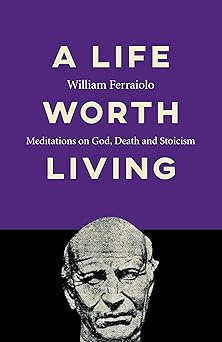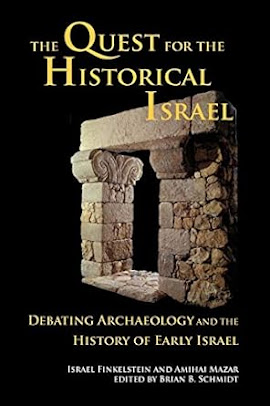Shalom Eric,
Today is a perfect day to start this, Eric, as today is a day that only exists once every four years. What better way to throw useless words into the empty air than on a day that hardly ever exists! So let’s get into it.
We’ve been talking, texting, and even calling each other, but I still worry about your state of mind. I keep going over your words in my head, thinking, no, no, he should not think that, it is harming him. Why does he not think this. Or this. If he did, he would be in less pain. He wouldn’t sound so close to the edge. So I need to be painfully honest here. We’ve know each other for twenty-five years… if I can’t tell you these things, than who can? So I am going to write you a series of emails. Yes, they are old-fashioned. But here I think necessary. I want my thoughts to flow, but also be structured, like an old fashioned letter. I want both, and email can do that. I’m going to number things for a while, and see how that goes.
1. First, let’s get into the Jewish Thing Again, as we call it, for what else do we always get around to eventually no matter where we start? I ask you again, abou the Jewish Thing Again, and please think about it: what kind of Jew are you? Remember what you said, an American Jews. Consider that phrase. America. Jew. American Jew. Your mother’s family came from Poland/Russian in 1890. They were not Zionists, and whatever religion they had petered out in less than a generation, and long with that, Yiddish was flushed down the toilet. What Jewish immigrant on the Lower East Side and then Brooklyn supported a family speaking Yiddish? By going to shul? You are the progeny of these people: who shed their Jewishness as if they were clothes on their backs which were on fire! You great-grandparents were no pioneers.
2. Now here you are, standing, sitting, sulking, on your windswept hill outside of Ithaca, and you worry about the Jewish Situation. I ask again, why is such a vast abstraction yours to worry about? You’ve got bigger problems friend, than to solve the problem of the Eternal Jew. You should worry about the Eternal Eric (and we both know you are not eternal, that you will die, and lately, it sounds like you wish it would come sooner rather than later. But more on that soon). I say this not to ridicule you, (HaShem forgive I should do that to you, my friend, my brother) but I am trying to do is to steer you to the course where I know you can make a difference: inhabiting that thin line where the events you can control and those you can’t stand side by side, and it is up to you to decide which is which, and which one to grasp and act, or grasp and sink. We’ve spoken of this so many times. There is no formula. You take it all case by case. I have known you for a quarter of a century, and the times you have been most grounded, most balanced, most SANE, is when you live in the zone. You change what you can… you make peace with what you can’t. When you don’t, you act crazy… really fucked in the head… and that is the point you are at right now. Fucked in the had
3. The Third Way: Yes, I am here already. Why so fast, you may ask? Because it ties to one and two above so closely, they are really one topic. One problem. And maybe one solution. You fought me viciously on the topic when we last spoke. And then the texts! Shit! But fair enough. We are all upset after October. It comes out in different ways. I forgive your cruel words. Even if you don’t ask for forgiveness (and you should, I am you BEST FRIEND); regardless, I forgive you nonetheless. So last time we spoke it was Am Israel this, Am Israel that, and when I could get a word in, and I hardly could, I asked where is this people you call Israel? This Am Israel. Is it the Chasid on the bus who looked at your jeans, bright knit kippah, and long tallit, and thought perhaps you were gay? Or that woman you study with, who constantly reminds you that Judaism has never had a feminist tradition until fifty years ago (and she is right, even when the Chasid is wrong about your sexual orientation) and makes you feel like that holder of a tradition you find abhorrent. Is this your Am Israel, you People of Israel, or really, is it something more, far more complex… yes, the Third Way I was trying to talk about. Crazy stuff. Look at the time. Let me continue tomorrow. I have to get to bed. Don’t email me back. I have more to say! I have to get to campus by 8AM for a meeting. Can you believe that crap? What kind of masochist does that, Eric? Get some rest, you look like shit. Shalom – Jake.















































